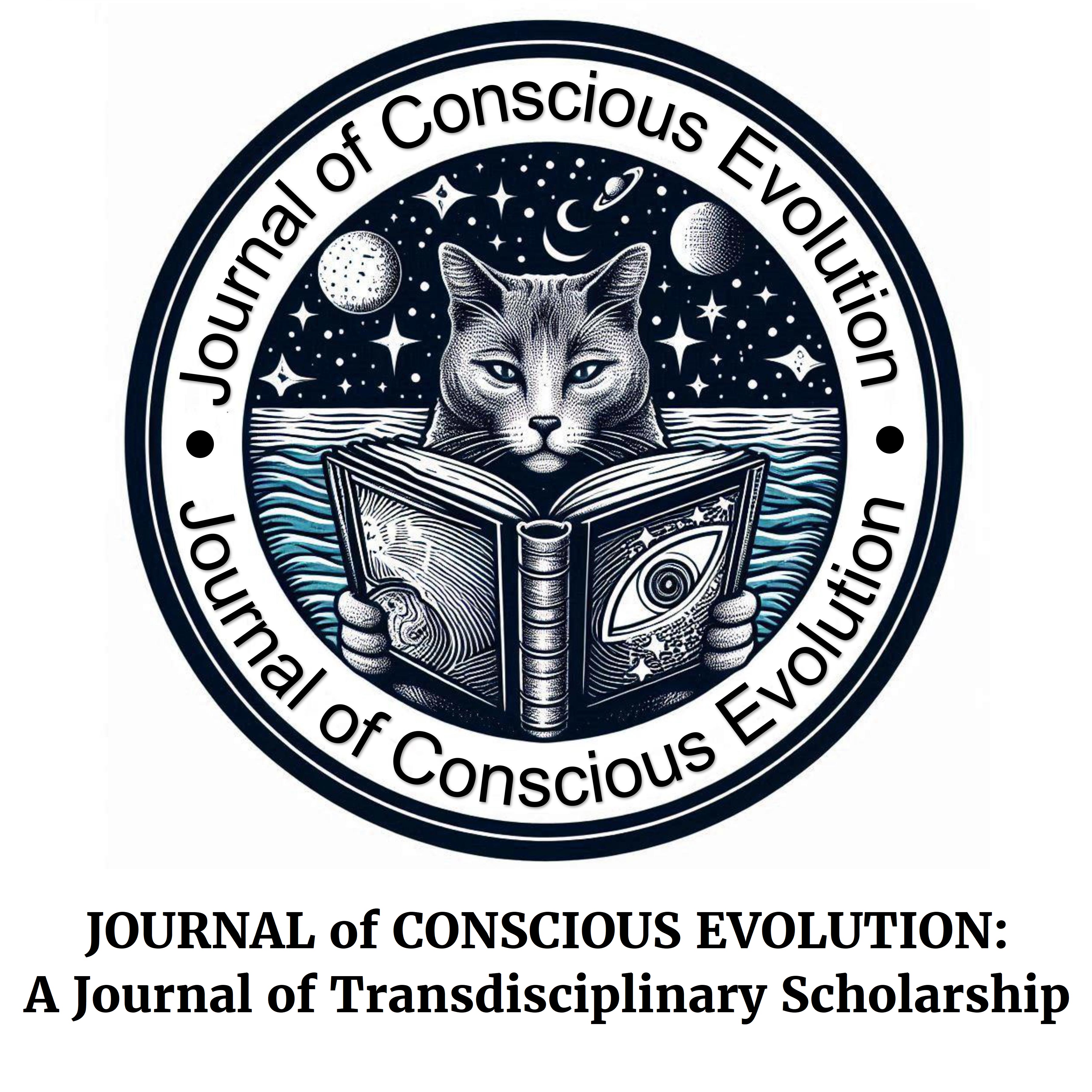
Abstract
Traditional martial arts are known for their focus on spiritual cultivation through a combination of self-defense training and contemplative practices like meditation. Traditional martial art systems tend to utilize nondual traditions commonly associated with Buddhism and Daoism; however, modern martial art practices, particularly those of MMA, no longer place a strong emphasis on such traditions. In turn, this has led to the development of high-performance sport athletes who emphasize self-defense efficiency in combat (usually combat sports) over all other attributes while also mixing “arts” or “styles” as necessary for the individual’s own self growth. I dub these as “new age” martial art systems. While many of these systems tend to de-emphasize nondual philosophies and concepts often favored by more traditional martial arts, this paper argues that not all new age martial art systems follow this pattern. Bruce Lee’ s Jeet Kune Do is a prime example of a new age martial art that integrates and expands upon nondual traditions. In this paper, I examine how Buddhist and Daoist concepts correspond to philosophical teachings established in the new age martial art system of Jeet Kune Do through careful comparison of Buddhist, Daoist, and JKD writings alongside insights and interpretations from contemporary scholarship.
Recommended Citation
Sutton, J. H. (2024). Buddhism, Daoism, and Jeet Kune Do: A Contemporary Analysis of Nondual Traditions in a New Age Martial Art. Journal of Conscious Evolution, 20(20). https://digitalcommons.ciis.edu/cejournal/vol20/iss20/11
Included in
Asian Studies Commons, Buddhist Studies Commons, Chinese Studies Commons, Cognition and Perception Commons, Cognitive Psychology Commons, Philosophy of Mind Commons, Social and Philosophical Foundations of Education Commons, Transpersonal Psychology Commons


